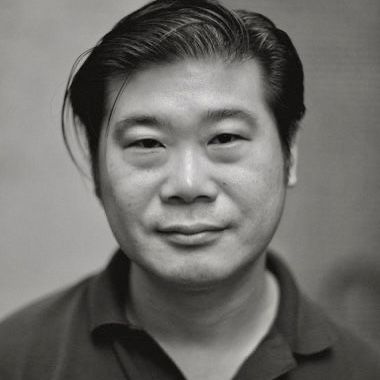Being Fair vs. Being Right
One of the challenges of being in the idea phase—where you're considering a number of options and attempting to find the path forward—is that there's a pitfall in rushing to an answer.
This manifests in two ways.
Sometimes there's a tendency to feel certain about an option simply because it will allow you to move on to the next step, and you have a need to feel like you're making progress. Or, you'll prematurely divorce yourself from an option because at first glance it didn't seem to be the whole package. And thus, it makes it cognitively difficult to go back to a discarded idea, but you then question why you eliminated it in the first place.
Navigating uncertainty is never fun, but you have to have willingness to persist in that state, while also putting forth the continual, iterative work that will hopefully uncover the information you need.
This work sometimes takes the form of a more tangible process of prototyping and testing, other times it's as simple as pushing yourself to go out and talk to stakeholders. What you hope to get from this work is either new information or an insight that supports or refutes the options you're considering.
If you exit that phase prematurely as a result of your own discomfort, you may be committing a strategic error and going down a flawed path. (As an aside, there is a common case where you just need to pick a path and go, but that's a topic for a different post.)
If you're able to persist, you might find (commonly) that new information revitalizes old ideas that you had previously thought were not viable.
This is often a problem if you have an achievement-oriented mindset (which, given our educational system is the majority of us). That is, you tend to look at explorations as a process of finding the most efficient way to eliminate your options until the Right Answer remains, as if it were a multiple choice test.
If this is you, you need to set this mindset aside.
Instead of finding the answer that will make you right (by default), you want to focus on being fair to the options you're considering, almost as if you were a teacher and your ideas were your students.
As you consider your ideas/students, your short-term attention at an individual level may ebb and flow over time, but at the same time you haven't written off anyone in the class who is lagging behind. You're still teaching to the whole class, not just the ones who happen to be performing well on a given day.
Nascent early ideas work the same way.
You want to be fair and equitable to them—because you never know what they might become or how they will surprise you.
But if you are too quick to judge and discard them immediately once they displease you, it can hurt you in two ways. It may prevent you from really understanding the big picture, and it may also prevent you from identifying a strategically favorable starting point, which is usually the hardest part of the process.
